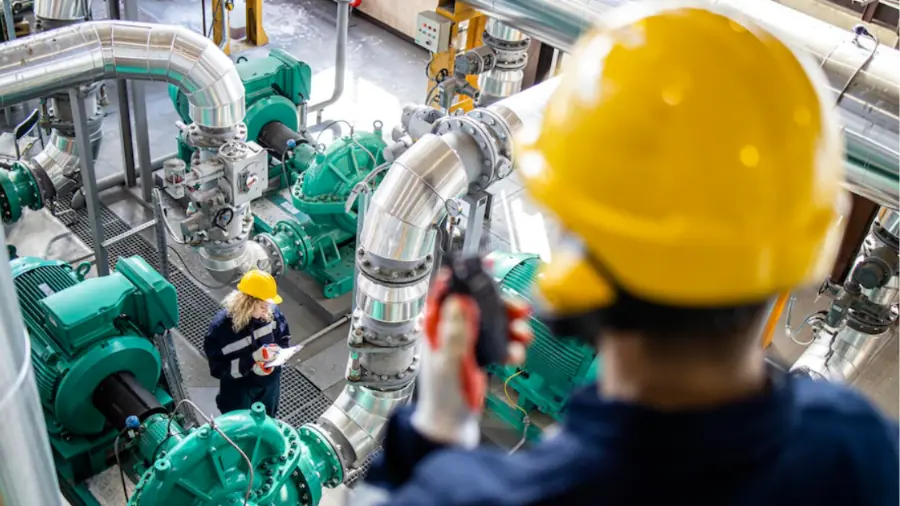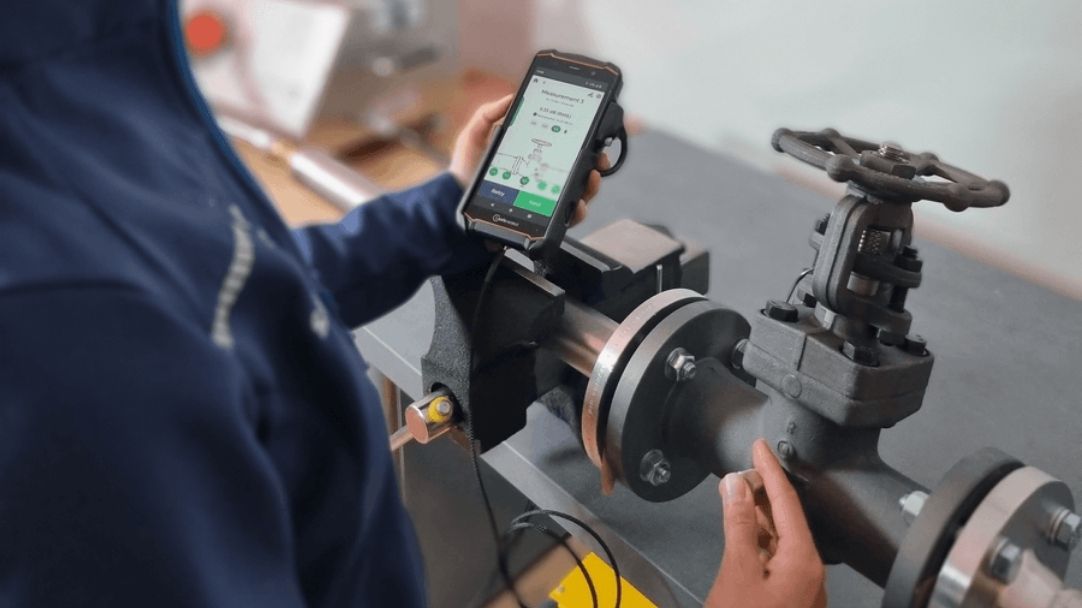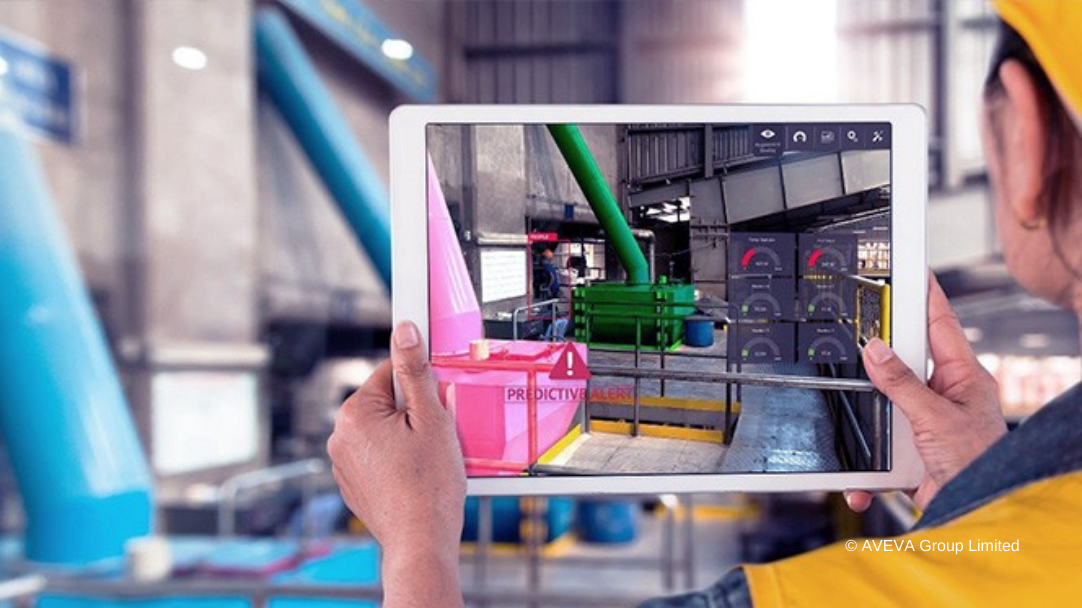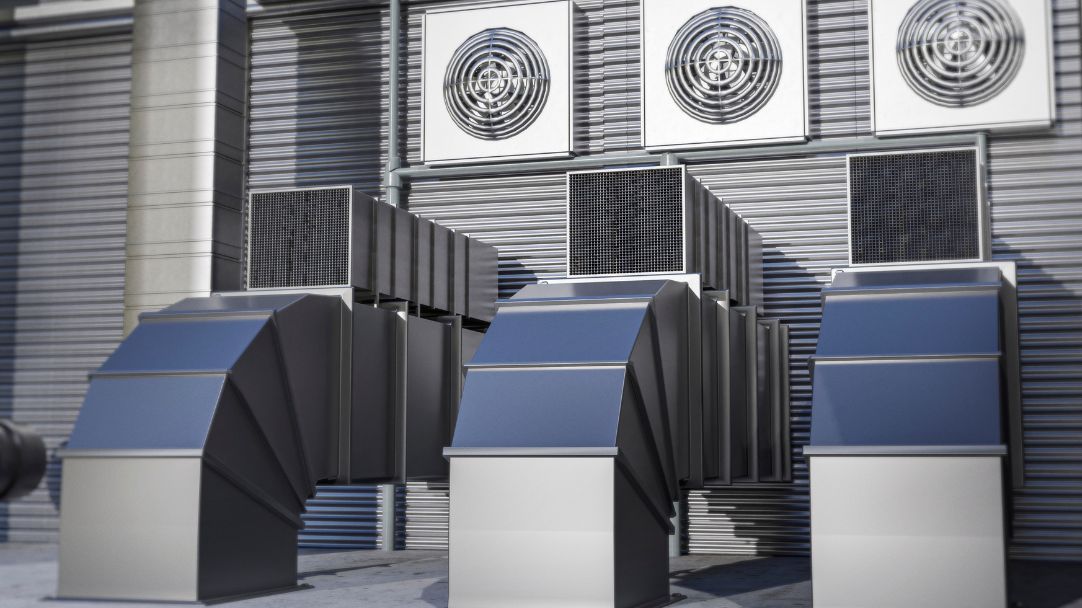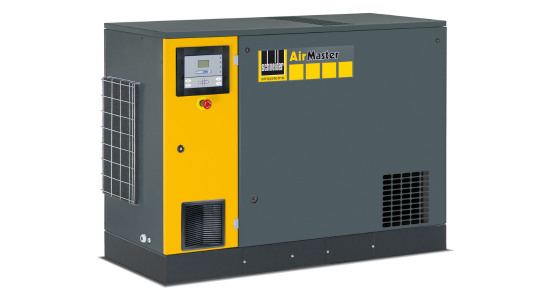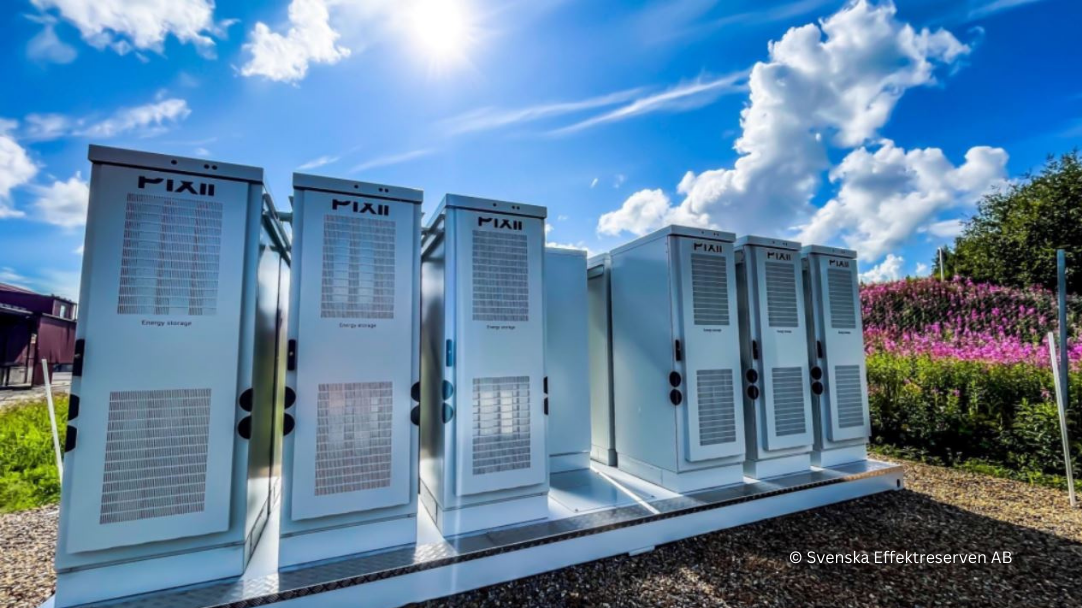No business, private or public, wants its production or operational processes to come to a standstill due to unplanned equipment failures. They can lead to huge financial losses, which also affect the competitive advantage of companies. It is important to take into account that the equipment used in manufacturing companies operates most of the time under extremely high loads, and that preventive action and regular maintenance are necessary to protect it from accidents.
Axioma servisas experts in the repair of a wide range of mechanical, electrical and automation equipment face unplanned breakdowns every day. In this article, professionals with more than 20 years of experience offer 10 valuable tips to help you avoid unplanned equipment breakdowns and operational stoppages.
1. Operate and maintain the equipment in strict accordance with the manufacturer’s instructions and recommendations
Almost every piece of equipment comes with technical documentation from the manufacturer that provides maintenance recommendations and instructions for use. Following these instructions minimises the risk of accidental failures, ensures the long service life of the equipment and maximum efficiency. For this reason, the experts recommend that this documentation be kept accessible to all company employees involved in the equipment.
2. Establish a preventive maintenance schedule and designate a responsible person
After assessing the equipment available and its maintenance needs, establish a maintenance schedule. Axioma servisas professionals advise you to include even the smallest tasks such as oil changes in the schedule and to plan their frequency. Once the maintenance plan has been drawn up, do not forget to designate a person responsible for it. He or she will have to implement the plan, order the necessary components and keep a record of the work carried out.
If you do not have a person with this expertise in-house, it is recommended that you outsource this task. The most important thing is to choose competent maintenance specialists who will not only carry out the tasks assigned to them, but also offer solutions that will increase the efficiency and longevity of the equipment.
3. Remember to regularly check fluid levels and filters
Checking the fluid level and the condition of the filters is another important part of equipment maintenance. Low fluid levels can lead to overheating or malfunctioning of the equipment, while dirty filters can reduce the flow of air or liquids and affect the efficiency of the equipment. Regular checking and replacement of fluids and filters is essential to keep the equipment running smoothly and without interference, and we recommend that you do this regularly.
4. Record changes made
After any maintenance action has been carried out on your equipment, keep a record of it. This may seem unnecessary, but these notes will help you to create more accurate schedules in the future and to prove to the manufacturer that you have followed their recommendations.
You can do this in a simple way (on your computer or in a notebook) or you can use automated tools such as a CMMS (Computerised Maintenance Management System). This is a computerised maintenance management system that provides efficient, low-cost tools to manage maintenance work on in-service equipment and control inventory.
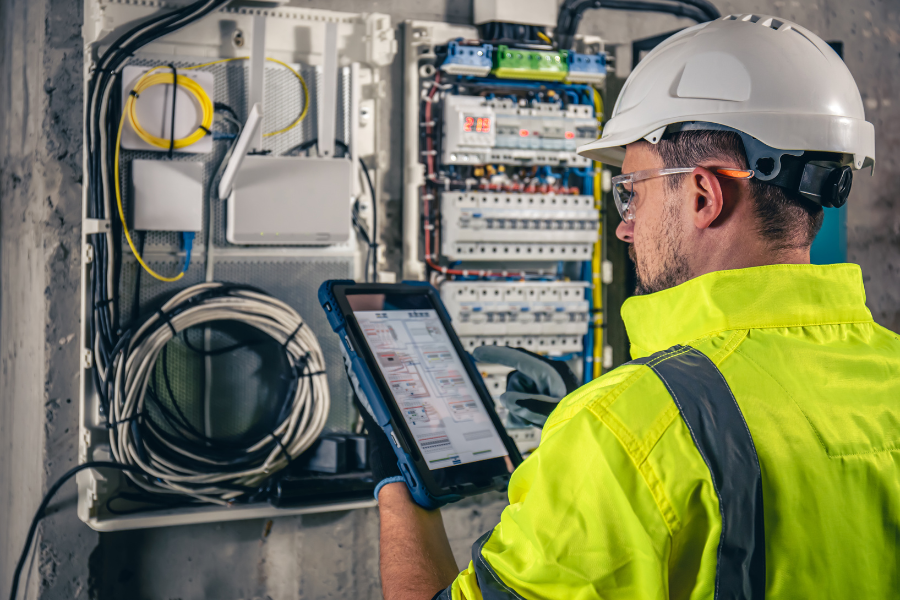
5. Provide high quality spare parts
To ensure the longevity of industrial equipment, it is essential to use high quality spare parts. We advise you to order components that wear out quickly or require periodic replacement in advance. This will save you valuable time, as you won’t have to wait for the supplier to deliver or even manufacture them. And don’t save money on quality. Lower quality components are much cheaper, but they break down and wear out faster. Investing in quality parts will ensure that your equipment works and lasts for many years.
6. Monitor the condition of equipment
Scheduling maintenance is not enough – Axioma servisas advises you to constantly monitor the condition of your equipment. Vital components such as pipes and fittings in industrial plants wear out at different rates over time, so you need to be able to spot even the smallest changes in time. For example, in pipelines, you need to see early signs of corrosion or loose fittings.
7. Keep equipment clean and easily accessible
Regular cleaning of equipment is another important maintenance step. Make sure you use the manufacturer’s recommended cleaning products and methods. Don’t forget to include this in your maintenance schedule. You should also ensure that the equipment is easily accessible for regular cleaning, inspection and maintenance.
8. Find out the causes of faults
If the equipment has broken down, the first thing to do is to repair it. However, it is also very important to know the cause of the failure and what can help prevent it from happening again. For example, if a pipe is corroding, you need to determine what caused the corrosion. If the damage was caused by micro-organisms, the fluid needs to be treated with antimicrobial agents. If it is chemical erosion, the pipes need to be lined with an anti-corrosion coating.
9. Choose equipment and components that require less maintenance
To minimise the risk of breakdowns, Axioma servisas recommends that you analyse the equipment and systems you use and look for components that can be replaced with more innovative, efficient ones. For example, you could opt for a pneumatic rather than an electric drive, or install thermoplastic pipes instead of conventional ones, which require more careful maintenance.
If you don’t know – call a professional
Although your team can carry out many maintenance tasks, sometimes it’s best to leave your equipment to the professionals. Axioma servisas professionals can not only identify the root causes of faults and carry out complex repairs, but they can also advise you on what steps to take to prevent future breakdowns, and even carry out periodic maintenance on many of your company’s installations.
Want to know more? Contact our team here.
